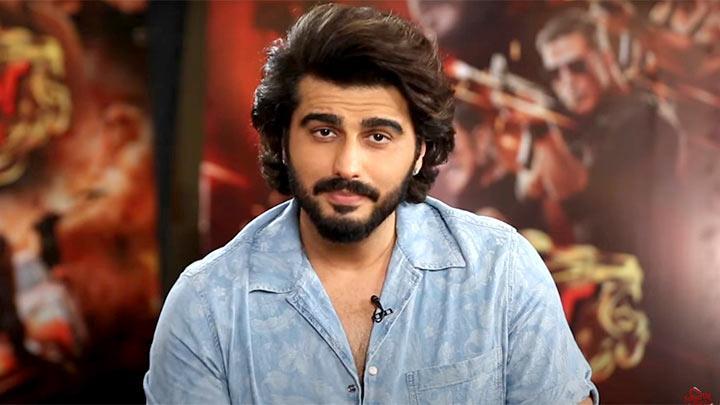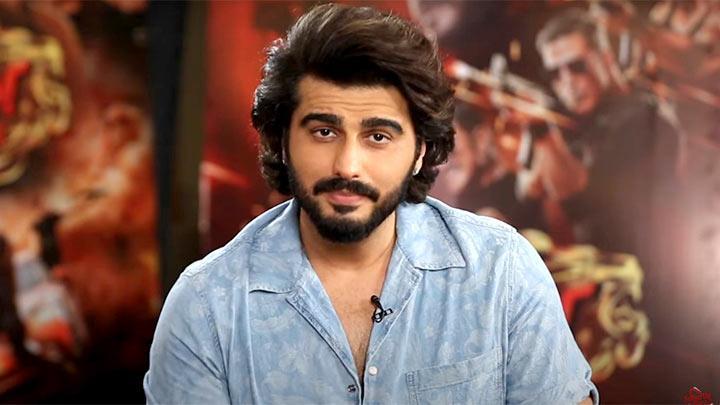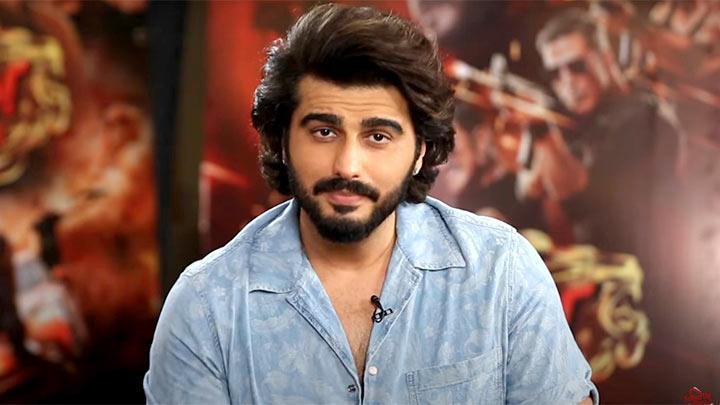
Title: Nisha Rawal Slams Trolls Over Viral Video with Son Kavish
India’s television industry has always been a hub of excitement and drama. From love triangles to family feuds, there’s never a shortage of controversy. Recently, television actress Nisha Rawal found herself at the center of a heated debate after a viral video surfaced, featuring her 7-year-old son Kavish touching her chest while posing for paparazzi at an event.
The video quickly went viral, sparking a heated discussion among social media users. While some defended Nisha, claiming that the interaction was innocent and harmless, others took to social media to criticize the actress, saying that she was allowing her son to engage in inappropriate behavior.
However, Nisha Rawal was not one to take the criticism lying down. On Sunday, she took to social media to slam the trolls, stating, “Sharam aani chahiye un logon ko jo ek maa-bete ke relationship ko uss nazariye se dekhte hain. Yeh khot unke mann mein hai.” (It’s shameful for those who look at a mother-son relationship with such a perspective. This mindset is in their minds.)
Nisha’s statement was met with widespread support from her fans and fellow celebrities, who praised her for standing up against the trolls. The actress’s decision to speak out against the criticism is a testament to her strength and conviction, particularly in a society where women are often judged for their choices and actions.
The controversy surrounding Nisha Rawal’s video has sparked a larger debate about the way we perceive mother-son relationships. In many cultures, it’s common for mothers to show affection to their sons through physical touch, such as hugs, kisses, and cuddles. However, in recent years, there has been a growing trend to shy away from such displays of affection, with many parents opting for more reserved and platonic interactions with their children.
This trend is often driven by societal pressures and a fear of being judged or criticized. Many parents feel that they need to conform to certain norms and expectations in order to avoid being seen as “perverted” or “inappropriate.” However, this approach can be harmful, as it can lead to a lack of emotional connection and intimacy between parents and children.
In Nisha Rawal’s case, the criticism she faced was not only unwarranted but also unfair. As a mother, she has every right to show affection to her son, regardless of how others choose to perceive it. Her decision to stand up against the trolls and defend her relationship with her son is a powerful statement about the importance of embracing our true selves and not being swayed by societal expectations.
Moreover, Nisha’s response highlights the importance of teaching children about appropriate boundaries and respect for others. While it’s essential to allow children to express themselves and feel comfortable in their own skin, it’s equally important to teach them about the importance of personal space and boundaries.
In the video, Kavish is seen touching his mother’s chest while posing for the paparazzi. While some may have seen this as inappropriate, others may have seen it as a natural and innocent expression of affection. As a mother, Nisha has every right to protect and guide her son, teaching him about the importance of respecting others’ personal space.
The controversy surrounding Nisha Rawal’s video has also sparked a debate about the role of paparazzi in our society. While they play an essential role in capturing important moments and events, their actions can sometimes be invasive and exploitative. In this case, the paparazzi’s decision to capture the intimate moment between Nisha and her son has led to unnecessary scrutiny and criticism.
It’s time for us to take a step back and reevaluate the way we perceive mother-son relationships. Rather than judging and criticizing, we should be embracing the beauty and intimacy of these relationships. As Nisha Rawal’s statement so aptly puts it, “Sharam aani chahiye un logon ko jo ek maa-bete ke relationship ko uss nazariye se dekhte hain. Yeh khot unke mann mein hai.” (It’s shameful for those who look at a mother-son relationship with such a perspective. This mindset is in their minds.)
In conclusion, Nisha Rawal’s response to the criticism surrounding her viral video is a powerful statement about the importance of embracing our true selves and not being swayed by societal expectations. As a mother, she has every right to show affection to her son, regardless of how others choose to perceive it. The controversy has sparked an important debate about the way we perceive mother-son relationships, and it’s time for us to come together and celebrate the beauty and intimacy of these relationships.





